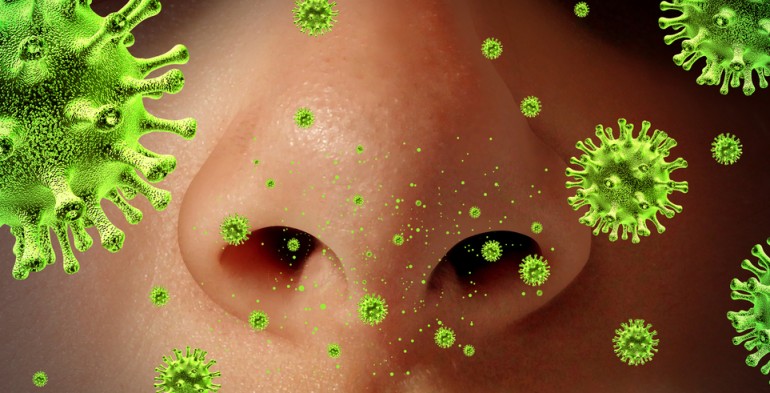
What Are Allergies?
Allergies are abnormal immune system reactions to things that are usually harmless to the majority of people. When a person is allergic to something, the immune system mistakenly believes that this substance is harming the body.
Allergens are the substances that cause allergic reactions — such as some foods, dust, insect bites or pollen.
Millions of children worldwide have allergies and strangely modern life with its’ emphasis on being extremely clean may in fact make us more prone to them!
When Do Allergies Happen?
An allergy happens when the immune system reacts to an allergen, treating it as an invader and trying to fight it off. This is fine in most cases but not if the immune system mistakes a healthy substance for a threat, or “over reacts”. Symptoms can range from annoying to serious or even life-threatening.
When the body detects an allergen, the immune system makes antibodies called immunoglobulin E. These antibodies then cause certain cells to release chemicals (including histamine) into the bloodstream to defend us from potential harm.
These chemicals cause the allergic reactions, which can affect the eyes, nose, throat, lungs, skin, and gastrointestinal tract. Future exposure to that same allergen will trigger this allergic response again, often becoming worse each time the body reacts.
Some allergies are seasonal and happen only at certain times of the year such as hay fever which is caused by pollen. But many allergies happen anytime someone comes in contact with an allergen. So if your child has a peanut allergy, each time they eat peanuts they will react and this can become more serious with repeated exposure!
Which People Suffer With Allergies?
The tendency to develop allergies is often hereditary, which means it can be passed down through genes from parents to their kids. But just because you, your partner, or one of your children might have allergies doesn’t mean that all of your kids will definitely get them. And someone usually doesn’t inherit a particular allergy, just the likelihood of having allergies.
Some kids have allergies even if no family member is allergic, and those who are allergic to one thing are likely to be allergic to others.







